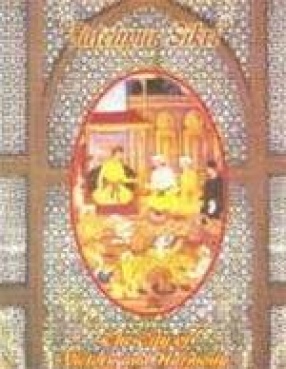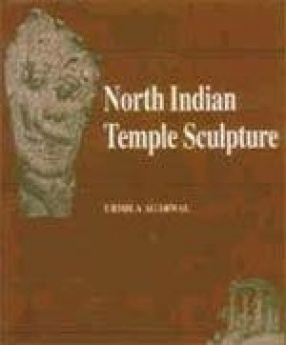At Sikri, Sheikh Chishti blessed Akbar that he would have three sons. In rejoice and gratitude Akbar named the first born as Sultan Salim and made Sikri his capital. Salim succeeded him and was known as Jahangir. Fatehpur Sikri unshered in a new beginning in the lifestyle of the Mughals. Tent encampments were replaced by permanent structures. It was developed into a ‘courtly city’, a form between a camp and an imperial city. Fatehpur Sikri reflects Akbar’s vision of India as a country where people belonging to different religions and cultures live in peace togther, where divergent views and practices are understood, respected and assimilated. A Sulh-i-kul (Peace-with-All) indeed. The contemporary visitors and later historions, all are fully impressed by the concept and execution of Fatehpur Sikri, a like of which is not seen anywhere else in the world. The vision of Akbar unfolds as one visits from one area to another in Fatehpur Sikri.
Developmental Issues in India
$36.00
$40.00





There are no reviews yet.